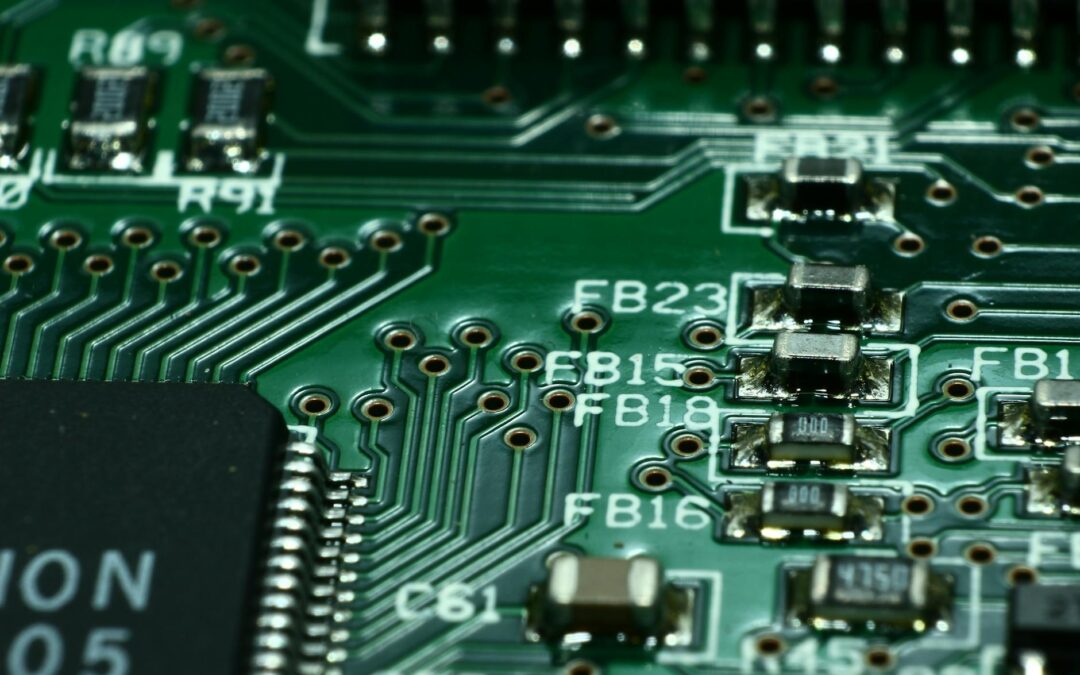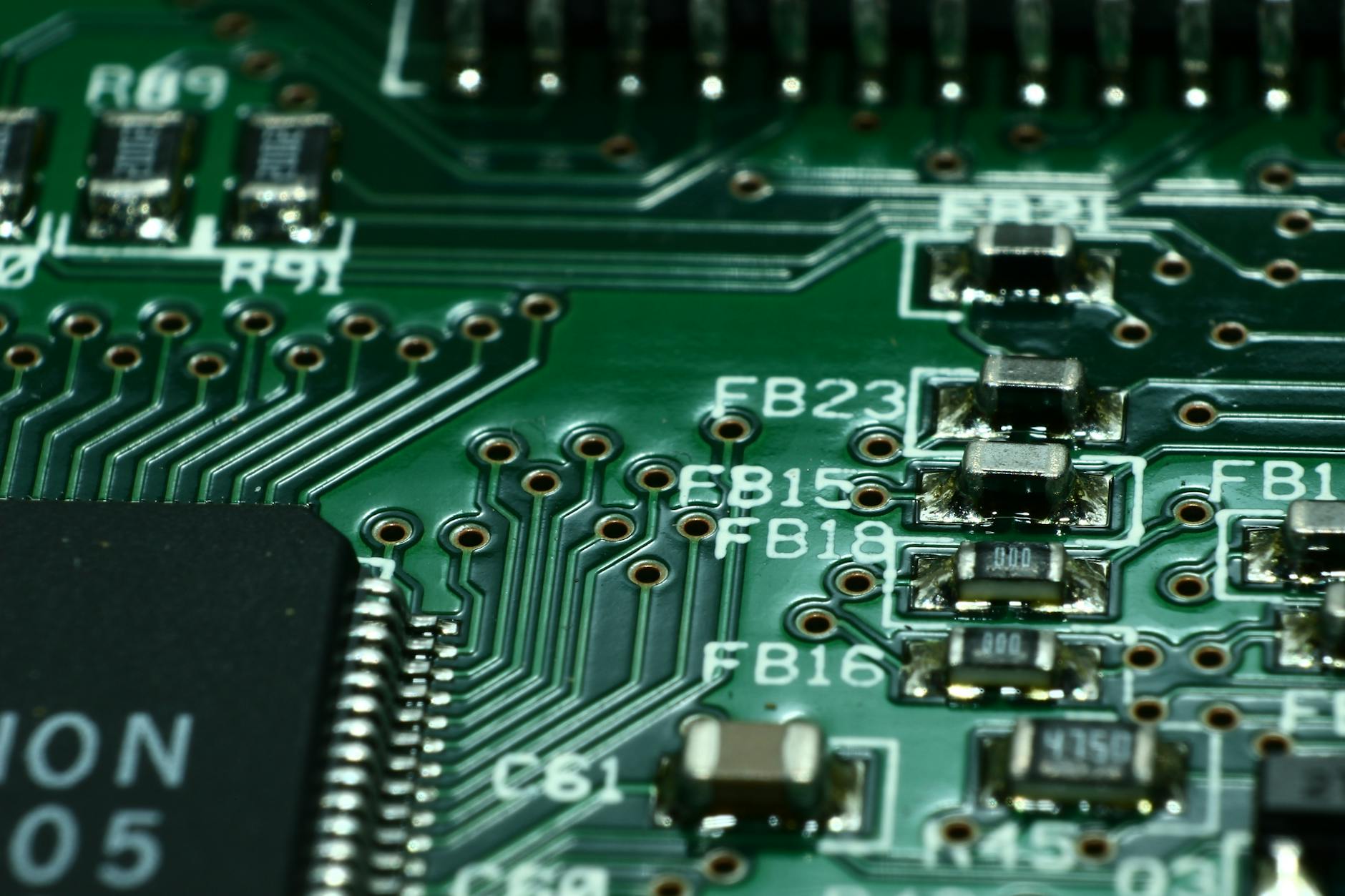Delve into the evolution of artificial intelligence from Alan Turing’s groundbreaking work to the cutting-edge technology of today.
Table of Contents
Artificial Intelligence, commonly referred to as AI, has become a ubiquitous term in today’s modern world. It is a technology that has the potential to transform industries, revolutionize daily tasks, and even raise ethical questions about the future. In this blog post, we will embark on a journey through the evolution of AI, from its humble beginnings to its current applications and beyond.
Introduction to AI
Artificial Intelligence is a branch of computer science that aims to create machines capable of simulating human intelligence. In other words, AI systems have the ability to learn, reason, and solve problems – tasks traditionally associated with human cognition. Over the years, AI has made significant strides, thanks to advancements in algorithms, computing power, and data availability.
Historical Context
The roots of AI can be traced back to the mid-20th century when mathematician Alan Turing proposed the concept of a computer that could exhibit intelligent behavior. Turing’s seminal paper, “Computing Machinery and Intelligence,” laid the foundation for the field of AI and sparked a wave of research and development. Subsequent breakthroughs, such as the creation of the first neural networks in the 1950s and the development of expert systems in the 1970s, further propelled AI innovation.
Current Applications
Today, AI has permeated various aspects of our lives, from virtual assistants like Siri and Alexa to self-driving cars and smart home devices. In healthcare, AI is revolutionizing diagnostics and treatment planning. In finance, AI-powered algorithms are driving stock trading and fraud detection. In transportation, AI is powering navigation systems and optimizing traffic flow. The possibilities are endless, as AI continues to make inroads into diverse industries.
Benefits of AI
The benefits of AI are manifold. One of the key advantages is its ability to improve decision-making processes by analyzing vast amounts of data and identifying patterns that may not be apparent to humans. Automation of repetitive tasks also frees up human resources to focus on more strategic activities. Additionally, AI has the potential to enhance efficiency, accuracy, and productivity across different domains.
Challenges and Ethical Concerns
However, with great power comes great responsibility. AI poses several challenges and ethical concerns that cannot be ignored. Privacy issues, bias in algorithms, and the potential for job displacement are just a few of the ethical dilemmas associated with AI. As we rely more on AI systems for critical decision-making, it is essential to address these concerns and implement safeguards to mitigate risks.
Future Direction of AI
The future of AI is both exciting and uncertain. As the technology continues to evolve, we can expect to see advancements in areas such as natural language processing, computer vision, and reinforcement learning. AI-driven innovations will shape the way we live, work, and interact with our environment. Researchers and developers are constantly pushing the boundaries of AI capabilities, paving the way for a future filled with possibilities.
| Key Developments | Date | Description |
|---|---|---|
| Alan Turing proposes the concept of a “thinking machine” | 1950 | Considered the father of theoretical computer science and AI, Turing published a paper proposing the idea of a machine that can think like a human. |
| Development of expert systems | 1970s | AI researchers focused on creating systems that could mimic human decision-making processes based on expert knowledge. |
| Deep learning revolution | 2010s | Advancements in neural networks and computational power led to breakthroughs in machine learning, particularly in areas like image and speech recognition. |
| Rise of AI in everyday life | Present | AI technologies are now integrated into various aspects of daily life, from virtual assistants to self-driving cars, revolutionizing industries and society. |
Can Skynet Happen?
One of the most pervasive fears associated with AI is the possibility of a dystopian scenario where machines surpass human intelligence and take control. The concept of a “singularity” or a point at which AI surpasses human intelligence and becomes self-aware has been popularized in science fiction, most notably in the Terminator franchise. While such a scenario may seem far-fetched, it is crucial to consider the ethical implications of AI development and ensure that safeguards are in place to prevent any potential harm.
Exploring AI Ethics
AI ethics is a complex and evolving field that raises critical questions about the role of AI in society. As AI systems become more sophisticated, ethical considerations such as transparency, accountability, and fairness become paramount. It is essential to establish guidelines and frameworks that govern the ethical use of AI and ensure that these systems align with human values and priorities. By addressing these ethical dilemmas, we can harness the power of AI for the greater good.
AI in Pop Culture
AI has captured the imagination of storytellers for decades, spawning countless movies, TV shows, and books that explore the possibilities and perils of artificial intelligence. From rogue robots to benevolent AI companions, pop culture has played a significant role in shaping public perceptions of AI. By examining these portrayals, we can gain a deeper understanding of society’s hopes, fears, and expectations surrounding AI.
Interactive Q&A
We invite you to join the conversation and share your thoughts on the world of AI. What questions do you have about artificial intelligence? How do you see AI shaping the future? Let’s engage in a dialogue about the potential of AI and the challenges it presents. Together, we can explore the transformative power of artificial intelligence and strive to create a future where AI serves humanity in meaningful and ethical ways.
Stay tuned for more daily insights into the fascinating world of artificial intelligence. Our journey through the realm of AI is just beginning, and the possibilities are limitless.
FAQ
What is artificial intelligence (AI)?
Answer 1: AI refers to the simulation of human intelligence in machines, allowing them to learn, reason, and solve problems.
What are some current applications of AI?
Answer 2: AI is used in virtual assistants, self-driving cars, healthcare diagnostics, finance, and transportation.
What are the benefits of AI?
Answer 3: AI improves decision-making, automates tasks, enhances efficiency, and boosts productivity across various domains.
What are some ethical concerns surrounding AI?
Answer 4: Privacy issues, algorithmic bias, job displacement, and the potential for misuse are key ethical dilemmas associated with AI.


Recent Comments